In the ever-evolving world of eLearning, harnessing the power of artificial intelligence (AI) has become a game-changer. As technology advances, AI is transforming the way we create, deliver, and interact with training content. From generating engaging course material to providing personalized feedback, AI is revolutionizing the eLearning landscape.
What is AI, and how does it apply to eLearning?
AI is a field of computer science dedicated to creating software or machines that can perform tasks typically requiring human intelligence. This includes visual perception, speech recognition, decision-making, language translation, and generating unique content. While AI has been around since the 1950s, recent advancements in hardware and technical innovations have made it more accessible and applicable to various industries, including eLearning.
One of the most exciting applications of AI in eLearning is generative AI, which can create entirely new content based on human input. This technology leverages large language models (LLMs) that consume vast amounts of information to generate responses to prompts. By providing a neural network with a prompt, users can generate text, images, audio, and video tailored to their specific needs.
For eLearning professionals, AI can streamline content creation and enhance the learning experience.
Some key applications include:
- Summarizing text: AI can quickly summarize lengthy content into concise bullet points, making it easier for learners to grasp key concepts.
- For example, the MentorAI feature in the Rehearsal video coaching tool generates a concise summary of the learner’s video transcript and identifies key points, highlighting the crucial information from the submission. Thus, the raw transcript is transformed into a valuable and concise list.
- Generating writing pieces: AI can help overcome writer's block by generating starter content based on a given topic.
- For example, the AI Course Wizard in Lectora® authoring tool gives a head start on content creation. All the learning developer needs to do is choose a topic, theme, and length. Then AI generates content slides!
- Determining appropriate writing style: AI can adapt content to match the desired reading level, tone, or style, ensuring it resonates with the target audience.
- Generating questions from content: AI can create relevant questions and distractors based on course material, saving time in assessment creation.
- Creating photos from text: When the perfect image isn't available, AI can generate visuals based on text descriptions.
- For example, AI in CenarioVR® virtual reality course builder creates 360-degree scenes in VR for any query without the user needing a camera (great for conceptualizing a pilot before production or saving money on production costs!).
- Editing scripts and creating voiceovers: AI can assist in crafting engaging scripts, dialogues, and professional-quality voiceovers.
- Translations: AI can translate content into other languages, helping learning developers create content for a global audience.
- For example, the Microlearning Module in the Rockstar Learning Platform can automatically translate text and videos into multiple languages and deliver AI-generated voice-over tracks for videos.
Numerous AI tools, such as ChatGPT, Bard, Dall-E, and Vana, are already available for eLearning professionals to leverage. These tools can help create compelling stories and engaging dialogues.
As shown in some of the examples above, AI can also be integrated into eLearning platforms to provide real-time feedback and interaction. For example, AI can grade learners' free-form responses, offering personalized feedback and suggesting areas for improvement. Take a look at all of the AI capabilities in ELB Learning’s products here.
As you embrace AI in eLearning, remember that effective prompting is key to getting the most out of these tools. By providing clear, concise, and specific prompts, eLearning professionals can guide AI to generate content that aligns with their desired outcomes. Iterating and experimenting with prompts can help refine the AI-generated content, ensuring it meets the highest standards of quality and engagement.
AI offers countless opportunities to create engaging, personalized, and effective learning experiences. By harnessing the power of generative AI, eLearning professionals can streamline content creation, adapt to learners' needs, and provide real-time support. As AI continues to evolve, it will undoubtedly play an increasingly crucial role in shaping the future of eLearning.








